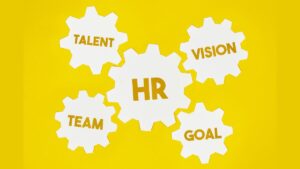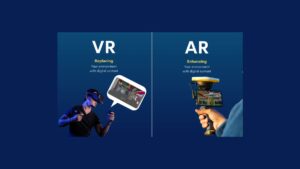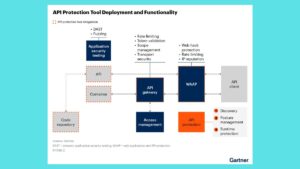How a Travel Management System Extends to Your Busy HR

In today’s fast-paced business environment, Human Resources (HR) departments are often stretched thin, managing a myriad of tasks from recruitment to compliance. One area that is increasingly being streamlined to alleviate this burden is travel management. Travel management systems (TMS) have evolved beyond their traditional role of booking and managing business travel, offering features that can significantly benefit HR departments. Here’s how a modern TMS extends its advantages to your busy HR team.
1. Streamlined Travel Booking and Expense Management
Overview:
Travel management systems offer automated booking solutions, which can simplify the travel planning process. This is especially beneficial for HR teams responsible for arranging business trips, employee relocations, or even incentive travel.
Benefits:
- Centralized Booking: Allows HR to manage travel arrangements from a single platform, reducing the need for multiple tools.
- Expense Tracking: Automates expense reporting and reconciliation, integrating with payroll systems to ensure accuracy and efficiency.
- Policy Compliance: Enforces company travel policies, reducing the risk of non-compliance and unexpected costs.
2. Enhanced Reporting and Analytics
Overview:
Modern TMS platforms come with robust reporting and analytics capabilities that provide insights into travel expenditures, trends, and patterns.
Benefits:
- Data-Driven Decisions: HR can leverage these insights to make informed decisions about travel budgets and policies.
- Cost Control: Identifies areas where costs can be reduced, helping to optimize travel spending.
- Performance Metrics: Measures the effectiveness of travel programs and policies.
3. Improved Employee Experience
Overview:
A TMS not only benefits the HR department but also enhances the overall employee experience by simplifying the travel process.
Benefits:
- Self-Service Options: Employees can book and manage their travel through user-friendly interfaces, reducing the workload on HR staff.
- Real-Time Support: Provides 24/7 support for travel-related issues, improving employee satisfaction and reducing stress.
- Customized Travel: Tailors travel arrangements to individual preferences, making business trips more comfortable and efficient.
4. Compliance and Risk Management
Overview:
Travel management systems help ensure compliance with travel policies and manage risks associated with business travel.
Benefits:
- Policy Enforcement: Automates compliance with company travel policies and procedures.
- Risk Alerts: Provides real-time alerts for travel disruptions or emergencies, helping HR manage risk and ensure employee safety.
- Regulatory Compliance: Keeps track of regulatory changes and compliance requirements, particularly for international travel.
5. Integration with Other HR Systems
Overview:
A well-integrated TMS can seamlessly connect with other HR systems, such as payroll and employee management systems.
Benefits:
- Unified Data: Integrates travel data with HR and payroll systems, streamlining processes and reducing data entry errors.
- Automation: Automates workflows between travel management and other HR functions, enhancing efficiency.
- Enhanced Reporting: Provides a holistic view of travel and HR data, improving strategic planning and decision-making.
6. Enhanced Budget Management
Overview:
Travel management systems provide tools for effective budget management, which is crucial for HR departments tasked with managing travel costs.
Benefits:
- Real-Time Budget Tracking: Monitors travel expenses in real-time, allowing for better budget management and forecasting.
- Expense Forecasting: Helps HR teams predict and manage future travel costs, improving financial planning.
- Cost Allocation: Allocates travel costs to specific departments or projects, ensuring accurate financial reporting.
7. Streamlined Approval Processes
Overview:
Many TMS platforms include features that streamline the approval processes for travel requests and expenses.
Benefits:
- Automated Workflows: Automates approval workflows, reducing administrative overhead and speeding up the approval process.
- Visibility: Provides visibility into approval status and pending requests, improving transparency and accountability.
- Customizable Rules: Allows HR to set customizable approval rules based on travel policies and budgets.
8. Scalability for Growing Businesses
Overview:
As businesses grow, their travel needs become more complex. A scalable TMS can adapt to these changing needs, providing long-term benefits.
Benefits:
- Flexible Solutions: Offers scalable solutions that can grow with your business, accommodating increased travel volumes and complexity.
- Customizable Features: Allows for customization to fit the evolving needs of the HR department and the organization as a whole.
- Integration Capabilities: Integrates with other business systems and tools to support growth and expansion.
Conclusion
Incorporating a travel management system into your HR operations can significantly enhance efficiency, reduce costs, and improve the overall employee experience. By automating travel bookings, streamlining expense management, and providing valuable insights, a TMS extends its benefits to busy HR departments, allowing them to focus on more strategic tasks. As travel management continues to evolve, leveraging these systems can help organizations stay ahead in managing both their travel needs and HR responsibilities effectively.







